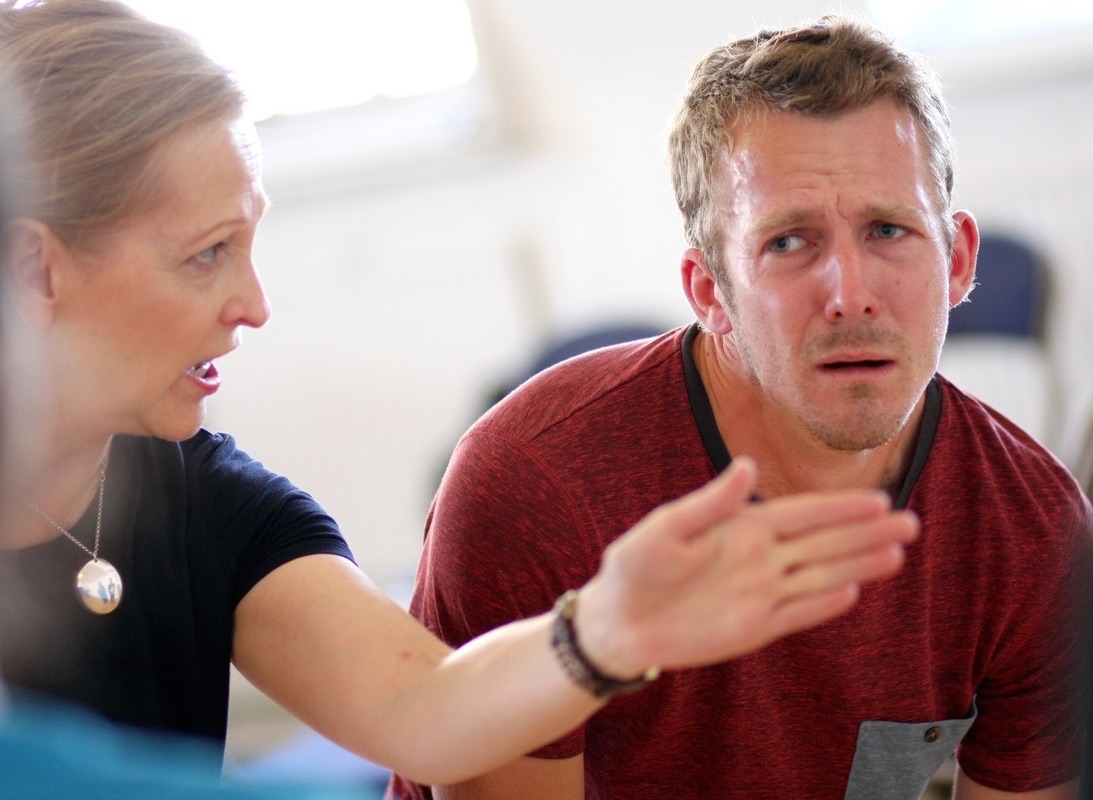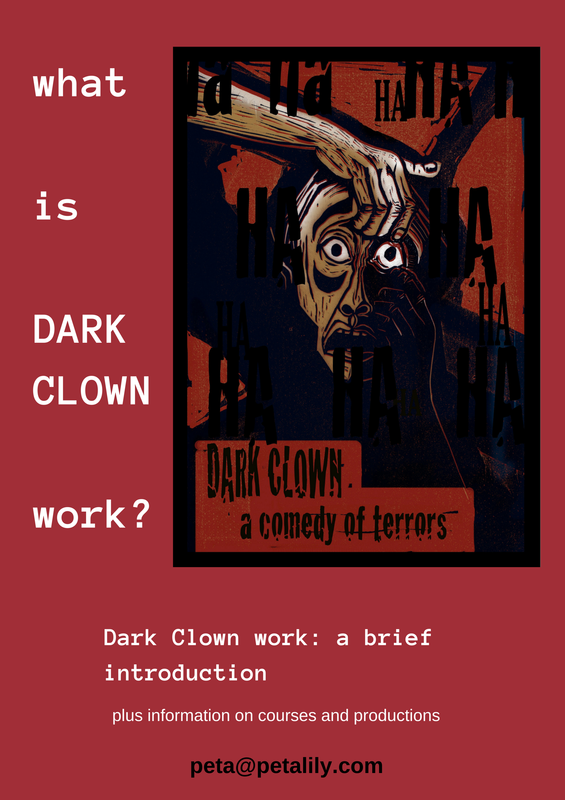Dark Clown helps Clown Doctors - who knew?
When I went to work with the Clown Doctors of the Theodora Foundation in January 2013, I had one of those 3am-in-the-morning experiences of waking bolt upright and worrying: why am I bringing a clown style based on troubled laughter to children suffering from illness and undergoing invasive and painful treatments?
I knew that the Clown Doctors themselves would benefit from the work because many actors, performers and clown practitioners have found that the Clown & Dark Clown workshop has helped; open their imaginations and understanding, stretch their emotional range and refresh their practice.
The workshops were received well and afterwards I received this message from one of the Clown Doctors in Belgium:
"Your workshop about the Dark Clown is alive and kicking with us. In hospital situations we have used it already. As we go to an older child, we say: ‘sorry for being to late, we are a lot too late, years too late’ and then we beg them to forgive us...
And then there was one boy who was upset that he couldn't eat before his operation and was all the time asking for food. So we became mad and demanded food, and wanted to eat everything in the room, and we captured his attention. He said suddenly...’but you cannot eat that!!’ “
I see this as evidence of the catharsis I feel the Dark Clown can provide. And of the value of including a darker spectrum of expression into one's clowning. Not wanting to simply 'cheer up' the patient, but joining them a little where their pain lies and allowing them to feel the same liberation we feel when watching the Red Nose Clown receive pain for our pleasure.
I recently received another message from a Clown Doctor who did a workshop with me in 2016:
“The Dark Clown work is definitely useful for hospital clowning. We need to have the courage to play a wide variety of emotion. Using aspects of the Dark Clown training, as we work, I can see the opportunity to empower children. We can reflect them back in clown play and so relate to / support them in their more difficult emotional expressions. Often children are constrained by parents who want their children to only be nice with the Hospital Clowns.” – Marieke Bohne, Clown Doctor
* This useful nugget comes from John Vorhaus’ book The Comic Toolbox: How to Be Funny Even If You’re Not.

 RSS Feed
RSS Feed
